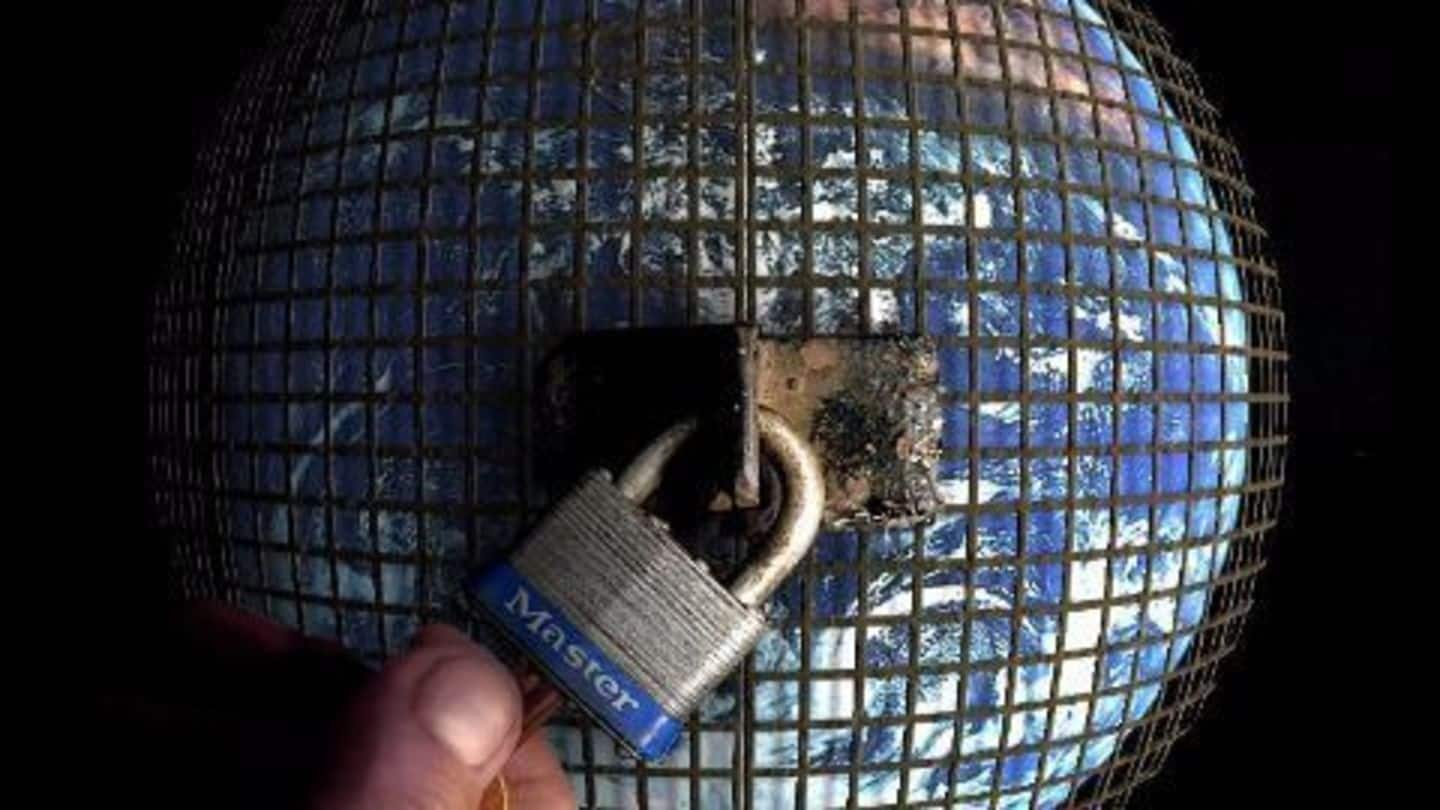
China tightens grip on internet
What's the story
China consolidated its ability to censor the internet by drafting new rules requiring businesses that serve domestic internet users to register their web addresses inside the country. Analysts say the requirements, proposed by the Ministry of Industry and Information Technology could also further limit access within the Chinese network. The rules were amended in Article 37 of the ministry's decade old internet regulatory policy.
Introduction
China and the internet
China has been on the internet intermittently since May 1989 and on a permanent basis since 1994. By 2008, China became the largest population on the internet. According to Amnesty International, around 30,000–50,000 internet police are employed to enforce Chinese internet laws. The Chinese government defends its right to censor the internet, stating that information within its territorial boundaries are subject to Chinese laws.
Legislation
Laws that govern China's cyberspace
The first regulation passed by China to control the internet was the Temporary Regulation for Management of Computer Information Network International Connection, in 1996. In 1997, the Ordinance for Security Protection of Computer Information Systems, gave the responsibility of internet security to the Ministry of Public Security. In September 2000, State Council Order No. 292 created the first content restrictions for internet content providers.
Effects
How have these legislations affected internet usage?
Chinese regulations require that internet service providers be licensed and that all Internet traffic go through Chinese servers, such as ChinaNet, GBNet, CERNET or CSTNET. Regulations also govern information used by Chinese citizens that "could be used to overthrow or undermine the legitimacy of the Chinese state." News from foreign media are also not allowed unless approved by the Chinese government.
Enforcement
How are the laws enforced?
The regulations seek to impose fines for svereal violations, including "defaming government agencies," "splitting the nation," and leaking "state secrets." Violators could face a fine up to $1800 and even jail terms depending upon the severity of their transgressions. However, analysts state that enforcement is largely un-coordinated, ad-hoc and usually targets specific dissidents to create a "fear of being watched" among Chinese netizens.
Information
Regulations encourage self-censorship
The threat of enforcement of censorship creates an effect where individuals and businesses willingly censor their own communications to avoid legal and economic repercussions. ISPs and other service providers are liable for customers' conduct, and hence control information access to avoid legal complications.
Examples
Social media, search engines blocked
According to a Harvard study, at least 18,000 websites are blocked from within mainland China, including 12 out of the Top 100 Global Websites. Foreign media websites such as Yahoo! Hong Kong, Voice of America, the New York Times, BBC, and Bloomberg News are occasionally blocked. Social media is strictly controlled and in some cases banned, and non-Chinese search engines, including Google are blocked.
Information
No freedom of information
Foreign content providers such as Yahoo!, AOL, and Skype must abide by Chinese government wishes, including having internal content monitors, in order to be able to operate within mainland China. China has also banned Facebook and Twitter to prevent activists from organizing their movements online.